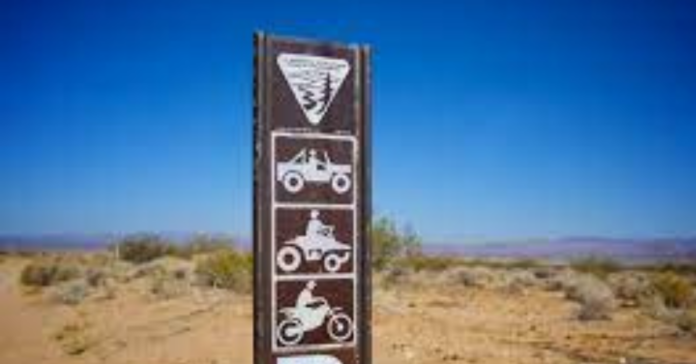In a victory for local officials and energy producers in the West, the Trump administration confirmed this week that a federal regulation for hydraulic fracturing on public lands won’t be imposed on top of existing state rules that already apply.
The federal hydraulic fracturing regulation, issued by U.S. Bureau of Land Management (BLM) two years ago during the Obama administration, was struck down by a federal judge in 2016. Obama officials appealed, but this week the Trump administration told the court it would no longer contest the case and plans to withdraw the regulation.
“[T]he Department of the Interior has been reviewing existing regulations to determine whether revisions or rescissions are appropriate to streamline the regulatory process and eliminate duplicative regulations,” the U.S. Justice Department said in the March 15 court filing with the 10th Circuit Court of Appeals in Denver. “Accordingly, the Department through the BLM has begun the process to prepare a notice of proposed rulemaking for publication in the Federal Register to rescind the 2015 Rule.”
A broad coalition led the legal challenge to the BLM rule. It included the attorneys general of Colorado, Wyoming, Utah and North Dakota, the Ute Indian Tribe, the Independent Petroleum Association of America (IPAA) and Western Energy Alliance. The Alliance represents the Western oil and natural gas industry and is a supporter of Western Wire.
When the BLM’s hydraulic fracturing rule for oil and gas development on public lands was first proposed, it angered officials from across the West. Critics of the rule argued that state-level regulations for hydraulic fracturing, or “fracking,” an essential technology for developing oil and natural gas wells, already applied and were better tailored to conditions on the ground. Imposing a second set of federal rules on top of the existing state regulations would result in confusion, delays and higher costs, driving energy companies away from federal lands altogether, they argued.
“Federal regulation of hydraulic fracturing on public and Indian lands is redundant,” Club 20, a coalition of local governments, tribes businesses and citizens from Colorado’s Western Slope, said during the BLM rulemaking.
“[W]e suggest a simple Memorandum of Understanding with the Colorado Oil and Gas Conservation Commission, rather than duplicating state regulatory efforts, costing industry millions of dollars with no additional protections for the environment,” Club 20 said. “Energy development is a key economic driver for the Western Slope; indeed, for the entire state of Colorado.”
Wyoming Gov. Matt Mead (R) was another staunch critic of the Obama administration’s approach. “Unnecessary and duplicative regulations will reduce jobs and revenue,” Mead said during the rulemaking. “These rules result in a layered regulation pushing investment from public land and exacerbating that shift. The effect is fewer jobs, less economic development and a dangerous precedent for future regulatory actions.”
This week’s news sparked outrage from “keep it in the ground” groups who have been campaigning to halt all development of oil, natural gas and coal on federal lands.
The Trump administration’s decision to withdraw the hydraulic fracturing rule “highlights Trump’s desire to leave our beautiful public lands utterly unprotected from oil industry exploitation,” Michael Saul, an attorney with the Center for Biological Diversity, told the Associated Press.
But oil and gas industry officials countered that oil and gas development on federal lands continues to be governed by a wide range of regulations and permitting requirements, and the demise of one BLM rule won’t change that.
“I think the Trump administration wisely decided that this rule just needed to be rescinded,” Kathleen Sgamma, president of the Alliance, told E&E News. “States are effectively regulating fracking, and BLM does not need to duplicate.”


